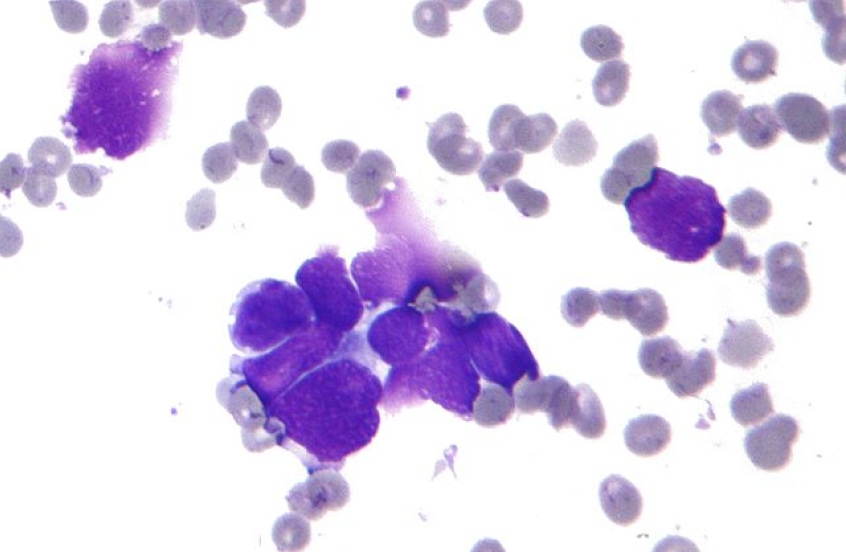
A potential vaccine for several types of cancer has been discovered by scientists in a recently released study led by Stanford University.
The proponents of the study tested the vaccine, which consists of inactivated pluripotent stem cells (iPSCs), on mice with breast, lung, and skin cancers.
Injecting the stem cell vaccine proved to be effective against the aforementioned cancer types.
The results saw a significant increase in immune response against the cancer cells. Researchers also noted that the vaccine stopped tumors from reoccurring on the test subjects who underwent tumor removal operations.
In an interview with Medical Xpress, study pioneer Joseph C. Wu of Stanford's Cardiovascular Institute and Institute for Stem Cell Biology and Regenerative Medicine explained that by injecting the mice with the vaccine, the test subjects developed an immune response to cancer cells.
Wu further elaborated on the topic saying that because there are similarities between the cancer cells and the iPSCs, the body developed an immune response to the antigens inside the vaccine, which then heavily impacted the proliferation of cancer cells with the same antigens.
According to the proponents of the study, this particular treatment could be helpful in treating human cancer patients in the future. The patient's own stem cells could be used as the vaccine itself.
This process could also be a follow-up treatment to current procedures that aim to eradicate cancer such as chemotherapy, tumor removal operations, and radiation therapy.
According to the World Cancer Research Fund (WCRF), breast and lung cancer are among the most common types of cancer to affect people worldwide.
The American Cancer society notes that for the year 2018, 266,120 new cases of breast cancer will be diagnosed, and 234,030 new cases for lung cancer in the United States alone.
Currently, there are no known permanent cure for cancer, but there are available treatments that can disrupt the onset of the disease.
Those interested can read the rest of the study posted in the scientific journal Cell Stem Cell.













